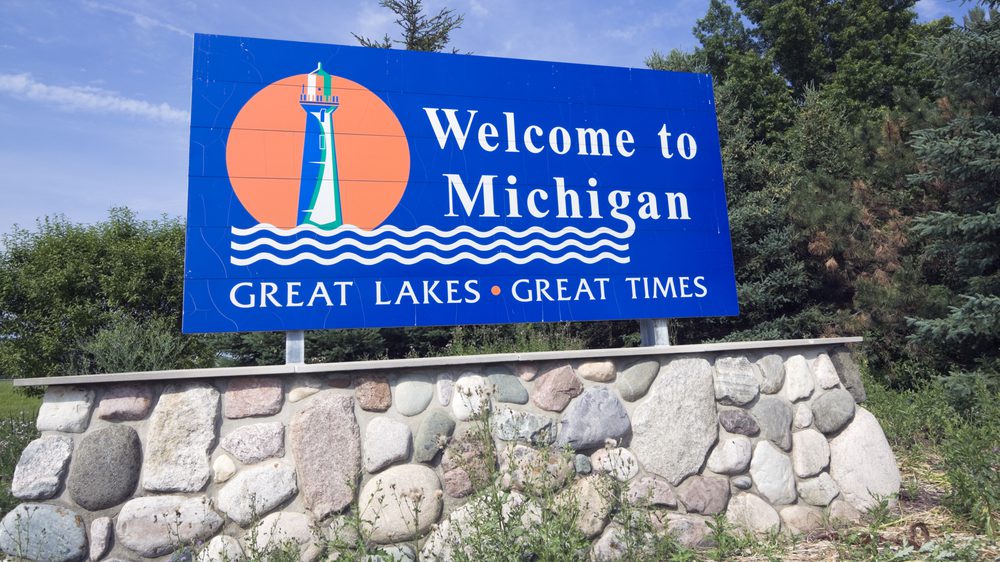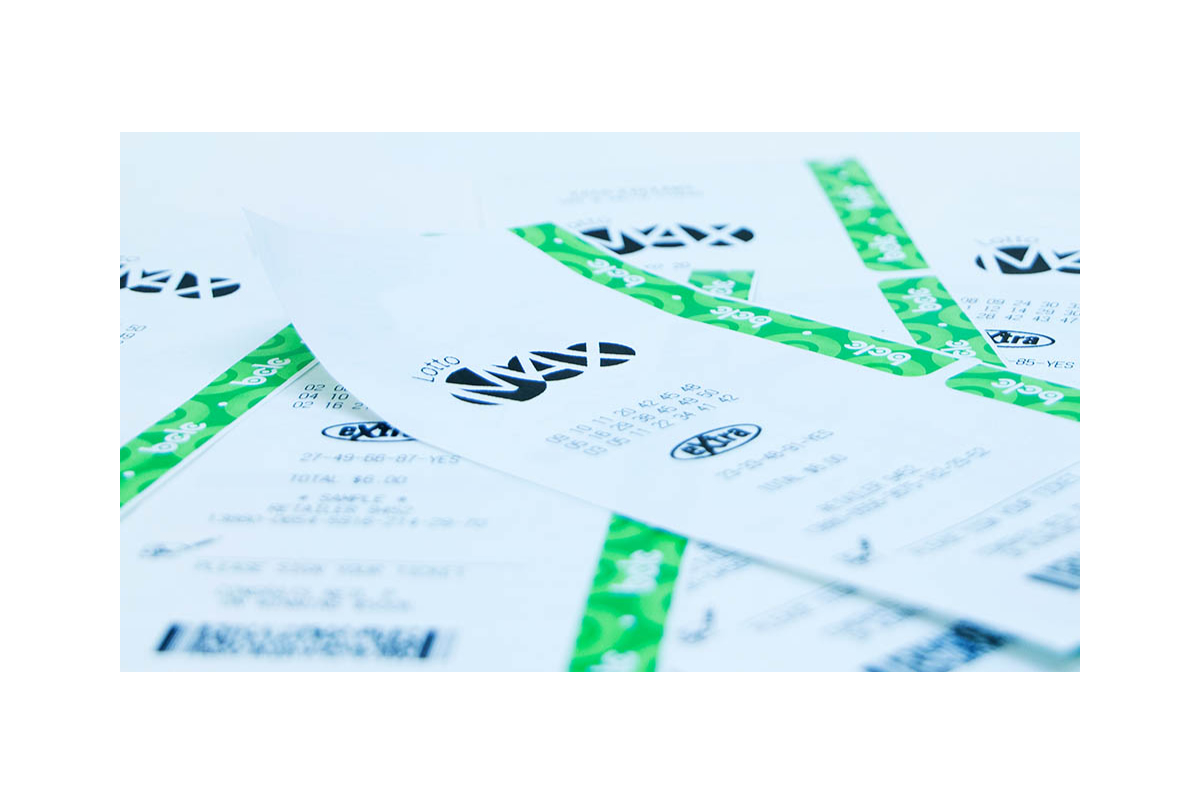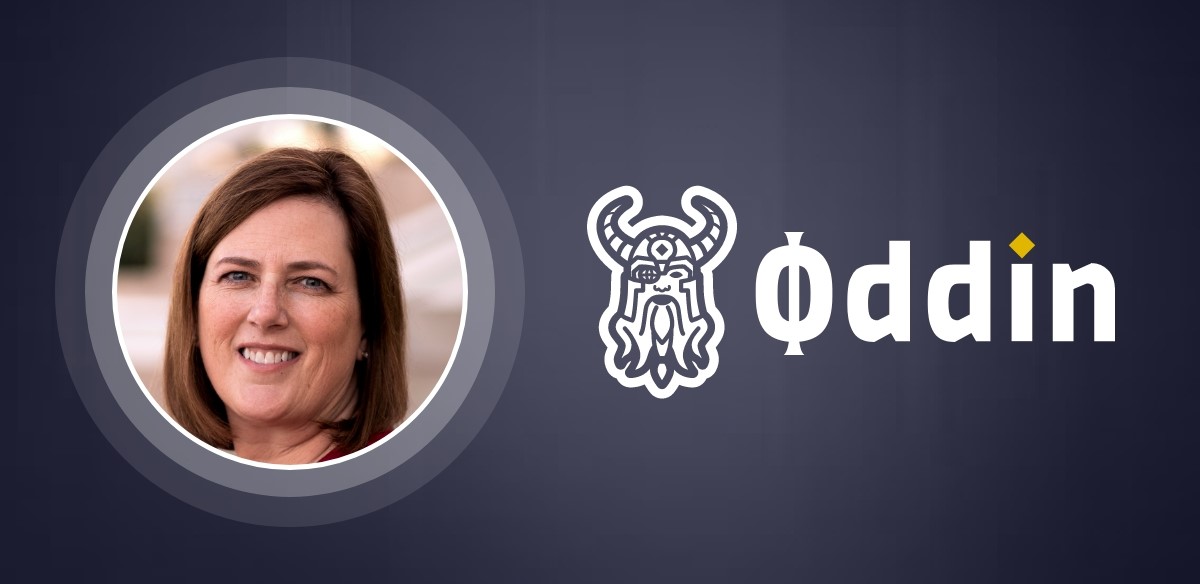
PlayMichigan.com: Sports betting drops for second consecutive month
Michigan’s sports betting volume slumped for the second consecutive month in May. Meanwhile, online casinos remained achingly close to the state’s first $100 million revenue month — another impressive total for what has already become one of the three largest online casino markets in the U.S. in less than five months, according to PlayMichigan, which analyzes and researches the state’s regulated online gaming and sports betting market.
“Online casinos don’t face the same dramatic seasonal variances as sports betting does, so they act as a steadying force for the industry,” said Jessica Welman, analyst for PlayMichigan.com. “On the other hand, sportsbooks have been hit by the seasonality of sports betting and struggling local teams. It appears they will have to wait until the end of summer before substantial growth can be expected again.”
Michigan online sportsbooks took in $237.6 million in wagers through the 31 days of May, down 4.9% from $249.9 million over the 30 days of April, according to official data released Tuesday by the Michigan Gaming Control Board. Combined with $20.2 million in retail handle, which was announced last week, Michigan’s online and retail sportsbooks took in $257.7 million in bets. That total is down 6.0% from $274.2 million in bets in April.
Gross operator revenue from online betting fell 4.5% to $19.5 million in May from $20.4 million in April. That produced $9.9 million in taxable revenue, down from $10.9 million, yielding $993,784 in state taxes.
With its 28.5% drop in wagering, Michigan’s April handle represented the steepest month-over-month decline among the 10 largest sports betting markets in the U.S. May’s results so far lags behind other states that have already reported April data, too. Iowa’s wagering was down 2.9% in May, for example, while Indiana’s handle rose 7.6%, to $254.4 million.
A slowdown in sports betting from April until the kickoff of football season is inevitable in nearly every state. But Michigan’s decline has been more pronounced because as the initial enthusiasm that came from the launch of online betting began to settle, the sports schedule also waned. Even more, all of Detroit’s professional teams that were in action in April and May — the Pistons, Red Wings, and Tigers — struggled mightily.
“A lack of success from Detroit teams naturally saps interest, and Michigan is facing too many short-term factors to overcome completely,” said Matt Schoch, analyst for PlayMichigan.com. “Despite the declines in betting volume, there aren’t any systemic issues. Even if the Lions’ prospects are equally dim, substantial growth will almost certainly return with the beginning of football season.”
FanDuel/MotorCity Casino led all online sportsbooks with $71.2 million in wagering, down from $74.2 million in April, and $9.3 million in gross sports betting receipts, up from $7 million. That total yielded $7.4 million in taxable revenue.
DraftKings/Bay Mills Indian Community followed with $66.7 million in wagers, up from $61.5 million in April. Gross gaming revenue fell to $1.9 million from $3.4 million in April. BetMGM/MGM Grand Detroit remained third with $51.6 million in bets, down from $54.9 million in April while producing $5.3 million in gross receipts and $2.7 million in taxable revenue.
The online market leaders were followed by:
- Barstool/Greektown Casino ($18.2 million handle, down from $24.8 million in March; $1.1 million gross revenue, down from $2.4 million)
- PointsBet/Lac Vieux Desert Band of Lake Superior Chippewa Indians ($11.4 million handle, down from $14.1 million; $1 million GGR, up from $807,988)
- William Hill/Grand Traverse Bay Band of Ottawa and Chippewa Indians ($6.2 million handle, down from $7 million; $217,050 GGR, down from $346,865)
- FOX Bet/Little Traverse Bay Bands of Odawa Indians ($5.1 million handle, down from $5.5 million; $338,049 GGR, down from $371,271)
- BetRivers/Little River Band of the Ottawa Indians ($2.8 million handle, up slightly from April; $76,004 GGR, down from $172,146)
- Twin Spires/Hannahville Indian Community ($1.5 million handle, down from $1.9 million; $95,645 GGR, down from $163,524)
- Wynn/Sault Ste. Marie Tribe of Chippewa Indians ($1.4 million handle, down from $1.9 million; $168,874 GGR, down from $177,154)
- Golden Nugget/Keweenaw Bay Indian Community ($923,269 handle, down from $874,114; $10,750 GGR, up from -$2,623)
- Four Winds Sportsbook/Pokagon Band of Potawatomi Indians ($545,937 handle, up from $345,719; -$20,000 GGR, down from $7,908)
“The next few months should help bring innovation from sportsbooks, as each operator experiments with ways to spur interest during the slow season,” Schoch said. “Those developments could be unique promotions built around the upcoming Olympics, or interesting NBA playoff or baseball bets. Regardless, innovation in a competitive market is ultimately good for the entire industry.”
Online casinos and poker
Revenue for Michigan’s online casinos and poker rooms hit $94.9 million in May, essentially even with April but still just below the record $95.1 million reached in March. May’s win breaks down to $3.1 million per day of the 31 days of the month, down slightly from $3.2 million per day over the 30 days of April.
The win produced adjusted gross receipts of $89.1 million, up from $88.9 million in April. That total yielded $18.1 million in state taxes and $7.1 million in local taxes.
Michigan is still trying to join New Jersey and Pennsylvania as the only states to reach $100 million in revenue over a single month. The growth has stalled in recent months, but online casinos overall have grown far more quickly than any other U.S. online casino market. Since January, online casinos and poker have generated $393.9 million in revenue and $99.7 million in state and local taxes. By comparison, online and retail sportsbooks have generated $123.5 million in revenue and just $5.2 million in state and local taxes.
“Online casinos have become a powerhouse of revenue generation,” Welman said. “Revenue has remained high, even as retail casinos around Detroit have become more accessible. Looking ahead, the popularity of these games should remain — and likely expand — over the next few months, even as retail casinos’ operations continue to steady.”
Other highlights from May:
- BetMGM/MGM Grand Detroit led with $36.1 million in gross receipts, yielding $10.6 million in state and local taxes.
- FanDuel/Motor City was second with $16.3 million in GGR, producing $4.3 million in state and local taxes.
For more information and analysis on regulated sports betting in Michigan, visit PlayMichigan.com/news.
About the PlayUSA.com Network:
The PlayUSA.com Network is a leading source for news, analysis, and research related to the market for regulated online gaming in the United States. With a presence in over a dozen states, PlayUSA.com and its state-focused branches (including PlayMichigan.com, PlayNJ.com, and PlayPennsylvania.com) produce daily original reporting, publish in-depth research, and offer player advocacy tools related to the advancement of safe, licensed, and legal online gaming options for consumers. Based in Las Vegas, the PlayUSA Network is independently owned and operated, with no affiliations to any casino — commercial, tribal, online, or otherwise.










